Be a Better Self-Leader: Strengthen Your Core
This is the second article in the series, Your Greatest Leadership Challenge: A Look in the Mirror at Self-Leadership. Visit my blog to read previous articles in the series.
Strengthening your core is as important to your leadership success as it is to your physical well-being. Healthy, confident leadership is born out of a solid personal foundation. Without a strong inner core, your leadership will be weak and wobbly, just like a human body without core strength.
Building a strong inner core comes from clarity on four key elements:
Vision: Where are you going?
Purpose: Why is this important?
Mission: What are you doing?
Values: How will you act?
The next two articles in this series will explore these four elements in the context of self-leadership. Along with a description of each element, I include questions to help you get clarity in each area. Invest the time. Do the homework. That is if you’re serious about becoming a better self-leader.
Depending on your situation, you may need to answer the questions separately for your professional and personal lives, although the two need to be consistent to have integrity. As a solopreneur, my professional and personal responses are much more intertwined than for those who work for someone else.
Vision: Where are you going?
Strengthening your core starts with gaining clarity of vision because, as Hall of Fame baseball player and sometime philosopher Yogi Berra said,
“If you don’t know where you are going, you might wind up someplace else.”
Professors Michael Hackman and Craig Johnson define vision as “A concise statement or description of the direction in which an individual, group, or organization is headed.” Others describe vision as a preferred place, destination, or state of being.
I think of vision as a place that I’d like to be, a compelling destination that I’m headed toward. Vision is aspirational, directional, and momentum-building.
Characteristics of effective visions
Acclaimed leadership author Burt Nanus lists four characteristics of effective vision, which I’ve paraphrased slightly to fit the self-leadership context:
- Vision generates commitment and energizes you.
- Vision creates meaning in what you do.
- Vision establishes a standard of excellence.
- Vision creates a bridge between your present and your future.
Many vision statements are perpetual or represent a lifelong journey. To make vision more actionable, I like to put a timeframe on the destination I’m trying to reach. President John F. Kennedy’s 1961 “moon shot” speech is one of the best vision statements in this regard:
“I believe that this nation should commit itself to achieving the goal, before this decade is out, of landing a man on the moon and returning him safely to the Earth.”
It’s your turn: what’s your vision?
Set aside time alone to write your personal vision statement. Think about where you want to go, your preferred destination. Let the following six questions guide you:
- Is it energizing and inspiring?
- Is it aspirational yet achievable?
- Does it compel you to action?
- Does it require new standards of excellence?
- Does it link the present and the future?
- Is it concise and memorable?
Don’t get hung up on creating the perfect vision statement. It may take a few revisions and you may modify it over time. But knowing where you’re headed is critical.
Purpose: why is this important?
Once you determine where you’re going (and perhaps before you finalize the destination), the next step is to clarify why it’s so important for you to get there. Get a handle on your “Big Why.”
Self-Leadership: The Definitive Guide to Personal Excellence defines this sense of purpose as “our reason for being, our aim in life, our reason for getting up in the morning.” Knowing your Big Why is critical for when the going gets tough and you’re ready to give up.
I’ve been blessed with coaches and mentors who pressed me to drill down on my Big Why until I was absolutely clear about it. They knew I would need to be reminded of my purpose when the inevitable adversity and challenges of launching a new venture set in.
It’s your turn: what’s your Big Why?
Just as you did in clarifying your vision, take time to determine why that vision is so important to you. Keep asking yourself “why?” until you get to the deepest levels of motivation.
Motivational factors vary widely from person to person, so don’t judge yourself if your motives don’t seem as pure as the next person’s. These factors might focus on things like family, health, spiritual well-being, retirement, business growth, etc.
Entrepreneurs, professionals and other leaders often hesitate to include profit-making or wealth-building in their Big Why, as though it’s not altruistic enough. Yet, there may be even deeper motivators that support a money-oriented goal. When I was a practicing CPA, one client viewed his knack for making money as a way to generously support a number of worthy causes.
Here are a few homework questions as you write out your Big Why:
- Why must you achieve your vision?
- What will your life be like if you do?
- What will it be like if you don’t?
- How will it impact the people around you?
- Will your “Big Why” motivate you to persevere when you might be tempted to give up?
What’s next?
If you’ve done your homework, you’re well on your way to strengthening your inner core as a self-leader. Good work! Up next: mission and values.
How can you strengthen your inner core? Let’s explore the possibilities together in a complimentary strategy session. Feel free to contact me via email or schedule a telephone conversation at my online calendar.









